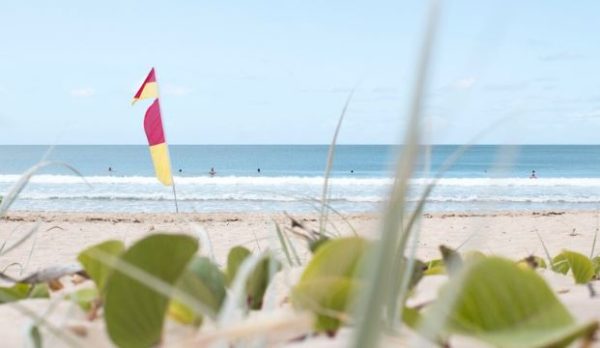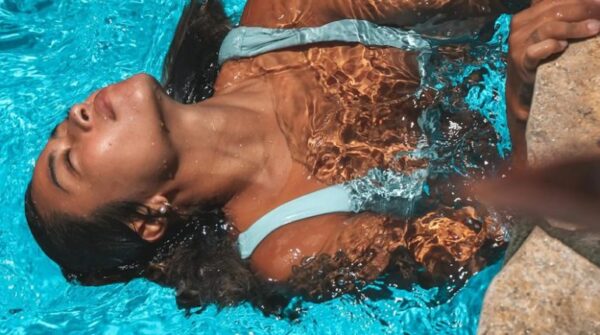Lifestyle
9 tips for staying safe in the water this summer

As we enjoy outdoor living this summer, staying safe is also important. According to the National Sea Rescue Institute, there are approximately 1 484 drownings in South Africa annually, of which 29% (450) occur amongst children under 14 years.
Water safety and taking the necessary precautions when visiting the beach, pools and other water bodies with family is therefore crucial. Beaches, pools and lakes are fun but the element of danger is always there.
When it comes to spending time at the waterside, the basic rules include checking the wind, weather and tides before going to the beach, fishing or boating; having emergency numbers saved on your cellphone; telling someone where you are going and the time you are expected back; never turning your back against the sea; and, last but not least, wearing a life jacket when required.
If you’re planning to make the most of your summer by chilling at the water’s edge, here are 10 universal water safety tips to follow, according to the NSRI.
1. Swim at beaches where and when lifeguards are on duty
According to the NSRI, lifeguards are on duty at selected beaches between 10am and 6pm on weekends and during the week during the summer school holidays.
“Listen to their advice and talk to them about beach safety. They are the experts. If lifeguards are not on duty, do not swim,” said the NSRI.
2. Swim between the lifeguard flags
It is also important to teach children that if they swim between the lifeguards flags, the lifeguards will be watching them and can help if there is a problem.
“Lifeguards watch swimmers very carefully between the flags – just wave an arm if you need help,” said the NSRI.
3. Don’t swim alone
The body responsible for sea rescues recommends that you always swim with a buddy, because: “If you are with a buddy while swimming, there is someone who can call for help if you can’t wave to the lifeguards or call for help yourself.”
4. Don’t consume alcohol and then swim
Swimming under the influence or whilst intoxicated is dangerous and that’s why it should never be attempted under any circumstances.
5. Always supervise your children at home
When it comes to children, the NSRI said that adults who supervise children in or near water must be able to swim.
“Children should not be able to get through or over barriers such as pool fences to water. Only use child-safe pool fences and child-safe pool covers or nets,” it said.
6. Know how to survive rip currents
According to the NSRI, educating yourself about rip currents, knowing what they look like and how to handle them if you find yourself caught in one is important.
“Our first rule is always swim on lifeguarded beaches and in between the lifeguard flags. If you do get caught in a rip current, try to stay calm. The current will not pull you underwater, it’s going to pull you away from the shore.”
Another thing to remember is that you can try to float but don’t attempt to swim against the rip back to shore as this will tire you out.
“Swim out of the rip, parallel to the shore, and then follow the breaking waves back to shore at an angle,” the NSRI advised.
7. Don’t attempt a rescue yourself
“If you see someone in difficulty, alert a lifeguard at once. If possible, throw something that floats to the person.
“Then call the emergency number 112 from your cellphone. The NSRI’s Emergency Operations Centre can be reached on 087 094 9774,” said the NSRI.
8. Avoid bringing tubes and pool inflatables to the beach or dam
The NSRI also advised that you avoid bringing pool inflatables to the water side.
“As much fun as inflatables are, they can be blown away from shore very easily. If a child or adult can’t swim and falls off in deep water, they will drown.”
9. Drowning is silent
And finally, the NSRI urged parents and guardians to watch children when they are in or near water, warning: “Do not be distracted by your cellphone or social media; you need to focus on them and nothing else”










